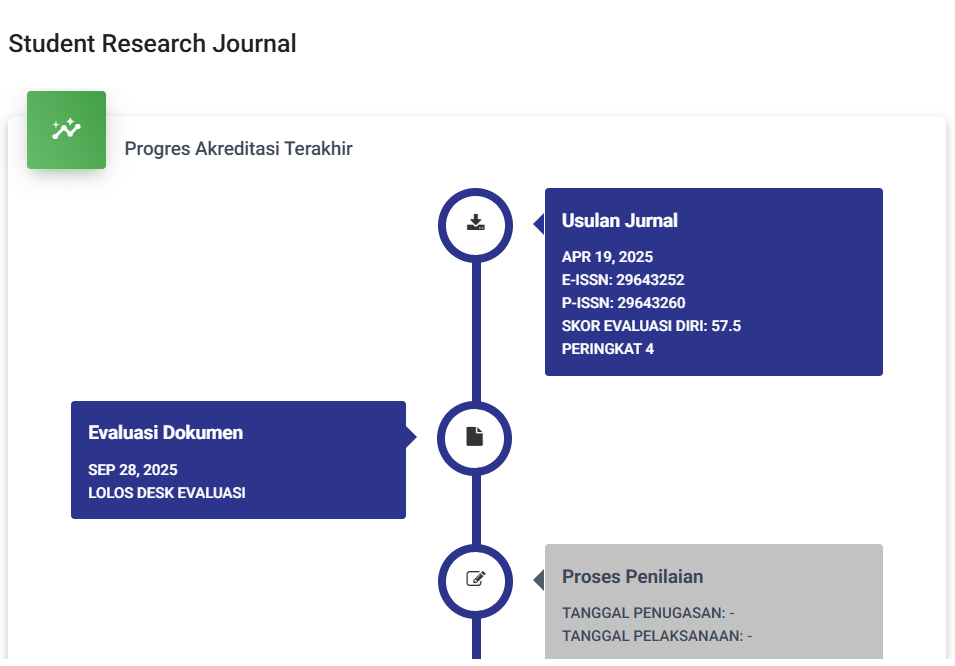Asuransi Dalam Perspektif Islam
DOI:
https://doi.org/10.55606/srjyappi.v1i6.788Keywords:
Asuransi, perspektif, islamAbstract
Insurance is a financial concept that has an important role in safeguarding individual and company financial risks.
There are several definitions of insurance. According to the Big Indonesian Dictionary (KBBI), insurance is coverage, an agreement between two parties. However, from an Islamic perspective, insurance is a complex and controversial issue. This article presents an analysis of insurance from an Islamic perspective, illustrating the extent to which sharia principles regarding risk, social solidarity, and gharar (uncertainty) can influence the understanding and practice of insurance in the Islamic world.
In Islam, the concept of traditional insurance with premium payments and claims involving elements of riba (interest) and gharar can be considered haram (violating sharia principles). Therefore, sharia insurance institutions emerged as an alternative that follows Islamic principles in its operations, such as the principle of tabarru' (donation) which is used to avoid elements of usury and the principle of takafol (solidarity) for risk sharing. Sharia insurance provides a solution for Muslims who want to protect themselves financially without violating the principles of their religion.
However, there are those among the ulama regarding the extent to which sharia insurance products are truly in accordance with Islamic principles. Some criticized it because it still had elements of usury and guarantees that were not completely eliminated. While others estimate it is a better solution than conventional insurance.
References
Antonio, Syafi’i, Konsep Asuransi Takaful, Jakarta: Gema Insani Press, 1999
Dasuki, al, Muhammad Sayyid, al-Tamim wa Mauqif al-Syari’ah al Islamiyah Minhu, Kairo: Direktorat Tinggi Urusan Agama Mesir, 1967
Kasmir, Bank dan Lembaga Keuangan Lainnya, Jakarta: Raja Grafindo Persada, 2003
Downloads
Published
How to Cite
Issue
Section
License
Copyright (c) 2023 Puteri Alicia Ramadhan, Shafa Olivia Ananda Fahlevi

This work is licensed under a Creative Commons Attribution-ShareAlike 4.0 International License.








